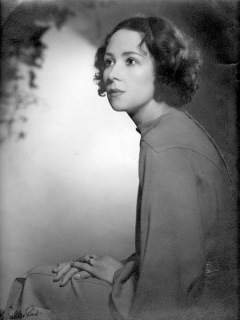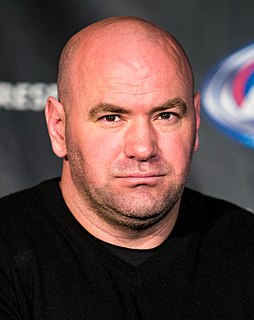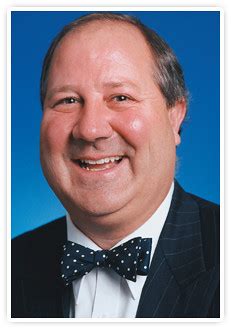A Quote by Linda Colley
I was born and spent my first five years in Chester, an ancient city that retains some of its Roman walls and fortifications and contains a great medieval cathedral, as well as Tudor, Stuart and early 19th century architecture. Visiting these things was free, and my parents - who had little money - made the most of this.
Related Quotes
We spent the first night of our honeymoon in a country hotel, with Tudor architecture oak beams, and floors which sloped, of the Queen-Elizabeth-Slept-Here variety. There were old tennis-courts - the Tudor kind where Henry VIII was said to have played; and gardens filled with winter heather, jasmine and yellow chrysanthemums. [...] So that first night together was spent in the ancient bedroom with the tiny leaded paned windows, through which shafts of moonlight touched the room with a dreamlike radiance [...]
My first car was kind of sad. My first car was when my parents had completely worn out their Toyota Corolla that they had for 16 years or something. They gave me, for my 19th birthday, this really ancient Toyota. So that was my first car. And I loved it. I thought it was amazing, and I drove it cross-country. It was not aesthetically appealing in any way. It was it fast. It did not handle well, but it lasted forever. I drove cross-country and back, and then I gave it to my sister, and she drove it for another 10 years.
People have asked me about the 19th century and how I knew so much about it. And the fact is I really grew up in the 19th century, because North Carolina in the 1950s, the early years of my childhood, was exactly synchronous with North Carolina in the 1850s. And I used every scrap of knowledge that I had.
I started to begin to be interested in architecture and design when I was 14 years old, which was pretty early in life. And then I would start to look at architectural magazines and I eventually went to the school of architecture too, but one of the things I learned very early is that an architect should be able to design anything from a spoon to the city.
Nothing changed in my life since I work all the time," Pamuk said then. "I've spent 30 years writing fiction. For the first 10 years I worried about money and no one asked me how much money I made. The second decade I spent money and no one was asking me about that. And I've spent the last 10 years with everyone expecting to hear how I spend the money, which I will not do.
Of all the men who attacked the flying problem in the 19th century, Otto Lilienthal was easily the most important. ... It is true that attempts at gliding had been made hundreds of years before him, and that in the nineteenth century, Cayley, Spencer, Wenham, Mouillard, and many others were reported to have made feeble attempts to glide, but their failures were so complete that nothing of value resulted.
I went and looked at one of these great cathedrals one day, and I was blown away by it. From there I became interested in how cathedrals were built, and from there I became interested in the society that built the medieval cathedral. It occurred to me at some point that the story of the building of a cathedral could be a great popular novel.
The 19th century Mormons, including some of my ancestors, were not eager to practice plural marriage. They followed the example of Brigham Young, who expressed his profound negative feelings when he first had this principle revealed to him. The Mormons of the 19th century who practiced plural marriage, male and female, did so because they felt it was a duty put upon them by God.
In the beginning of the 19th century, maybe forty percent of women and fifty percent of men could produce a signature, which meant that they'd had at least three years of education because it was in third grade that people started penmanship in the 19th century. And of course black people could get killed if they got caught teaching themselves to read in some parts of the country.







































